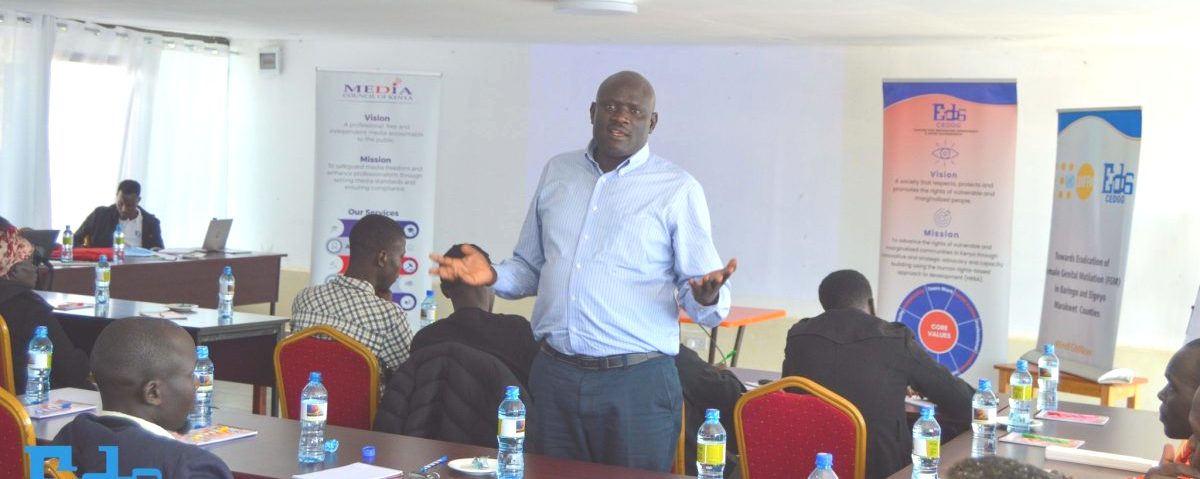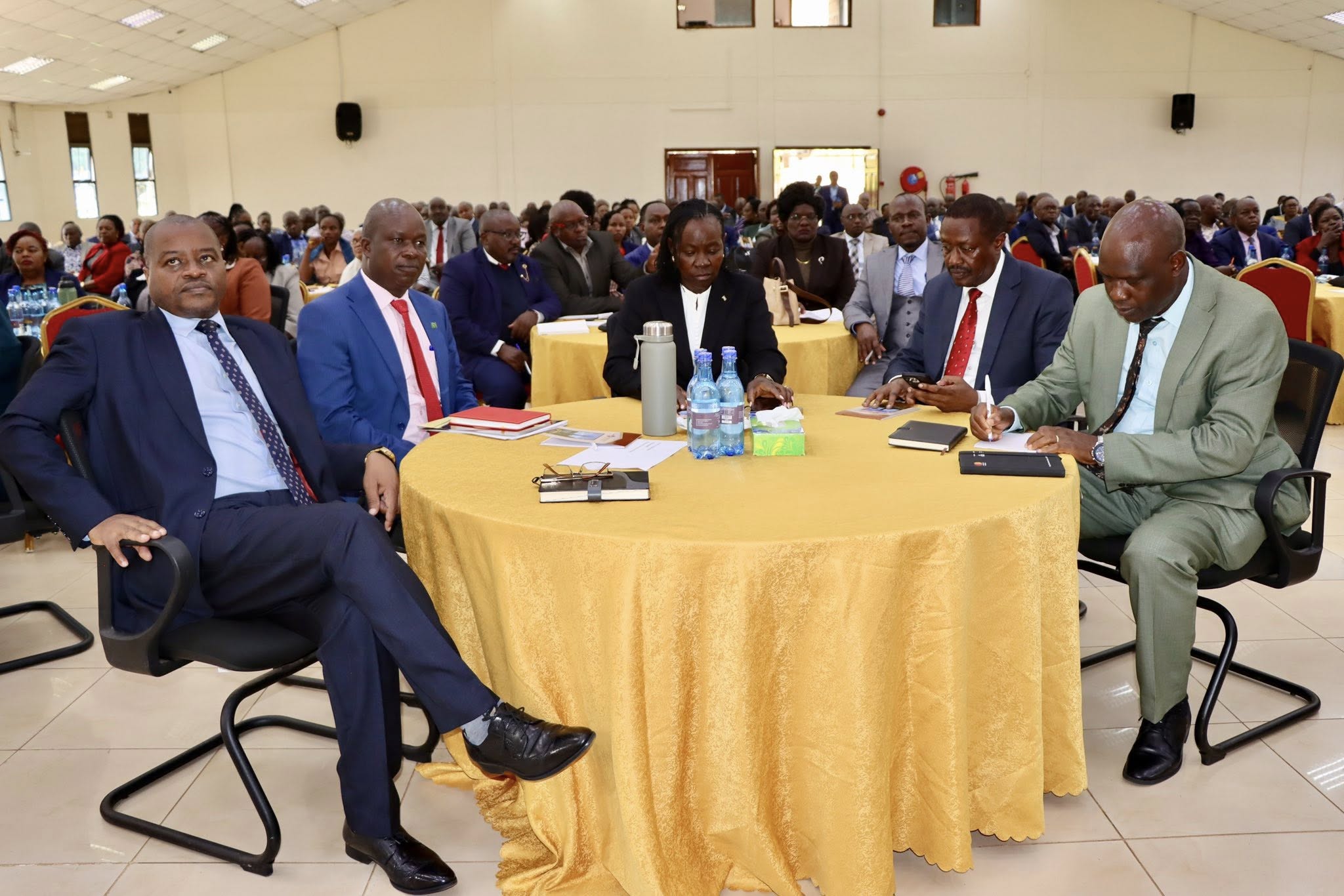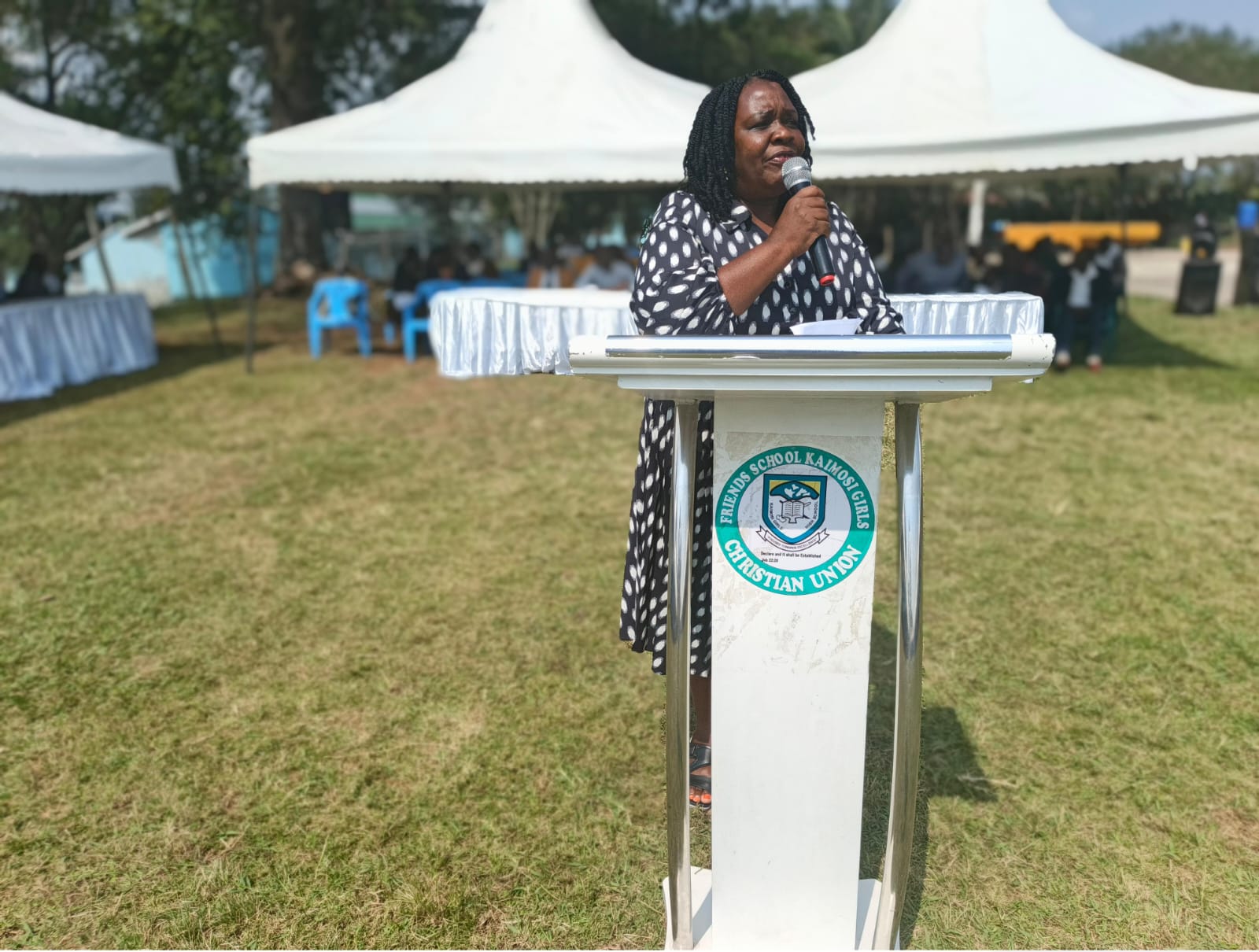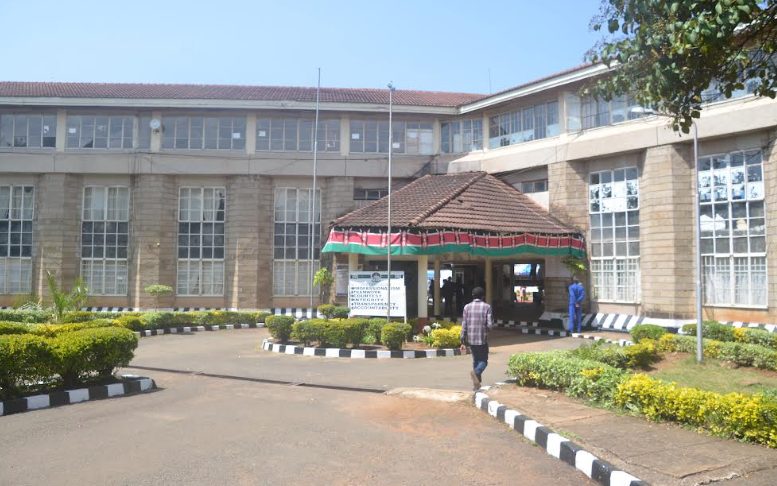Efforts to eliminate Female Genital Mutilation (FGM) in Elgeyo Marakwet County by 2030 have gained momentum with the strategic engagement of journalists as key stakeholders in the anti-FGM campaign.
Elgeyo Marakwet is among 22 counties in Kenya where the outlawed practice still persists, posing significant risks to the health, dignity, and rights of women and girls.
During a high-level stakeholders’ forum held recently, Masese Kemunche, Executive Director at the Centre for Enhancing Democracy and Good Governance (CEDGG), highlighted the global commitment to eradicate FGM by 2030, in line with international frameworks and the Sustainable Development Goals (SDGs).
“We are collaborating with journalists because they possess the channels to influence societal norms and communicate with both grassroots communities and policymakers,” said Kemunche.
“Within the next five years, we aim to implement robust strategies to eliminate this harmful cultural practice. This intervention is supported by UNFPA Kenya and Novo Nordisk Fonden, in partnership with the Media Council of Kenya.”
Joseph Mecha, the North Rift representative of the Media Council of Kenya, emphasized the media’s powerful role in advancing the anti-FGM agenda.
“Journalists serve as the voice of the voiceless, particularly survivors experiencing trauma and exploitation,” Mecha explained.
“By consistently highlighting the health, psychological, and human rights implications of FGM, they help safeguard the welfare of the girl child while influencing public discourse and policy direction.”
Community leaders echoed the urgent need for change. Thomas Murkomen, an anti-FGM advocate from Kapyego in Marakwet East, spoke about the long-term health risks the practice poses to women.
“FGM subjects women to lifelong reproductive health risks, particularly during childbirth,” said Murkomen.“As male elders, we have collectively resolved to reject and end this retrogressive tradition.”
READ ALSO:
Trans Nzoia equips 41 vocational trainers with modern teaching skills
County government officials also pledged their support. Vincent Bartoo, the County Director of Communication, revealed that plans are underway to establish safe rescue centres for girls at risk, particularly during school holiday periods when FGM cases often spike.
“These centres will provide shelter, protection, and a safe space for at-risk girls as we work toward permanent solutions,” Bartoo said.
The forum brought together members of the Gender Technical Working Group, county leadership, civil society organisations, and media practitioners. Discussions focused on strengthening ethical journalism, survivor-centered storytelling, and grassroots community mobilization.
“FGM is a gross violation of human rights and a direct threat to the well-being of future generations,” Mecha reiterated.
“This campaign requires a multi-sectoral approach, and media practitioners are vital in amplifying the discourse and sustaining behavioural change.”
Despite being criminalized under Kenyan law, FGM continues in parts of Elgeyo Marakwet due to deeply entrenched cultural beliefs. However, the renewed campaign—anchored by media engagement and community advocacy—signals a strong, united push to end the practice.
Journalists who participated in the forum pledged to prioritize FGM-related stories, amplify survivor testimonies, and act as ambassadors in the nationwide drive to eradicate FGM by 2030.
By Kimutai Langat
You can also follow our social media pages on Twitter: Education News KE and Facebook: Education News Newspaper for timely updates.
>>> Click here to stay up-to-date with trending regional stories
>>> Click here to read more informed opinions on the country’s education landscape






